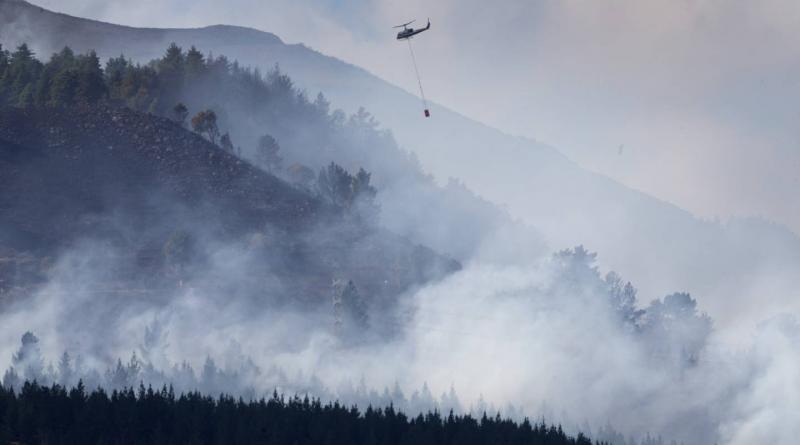Analysis: What does declaring a 'climate emergency' actually do?

What's a climate change emergency?
We can generally think of it as a symbolic acknowledgement at the highest levels that we're facing a climate change crisis - and a commitment to meet the challenge.
Climate Change Minister James Shaw described the motion, expected to pass with flying colours when it's tabled in Parliament tomorrow, as a "clear statement" of intent to tackle the crisis.
He said the Government would develop policy over the next three years to ensure it's backed with action to bring emissions down.
New Zealand wouldn't be the first country to make the gesture.
As of this year, 28 countries - including the UK, Ireland, Canada, France, Austria, Spain, Japan and South Korea - had done so, as has the state of South Australia, and more than 1400 local governments.
Nelson City Council declared an emergency in May last year, followed by Wellington and Auckland councils a month later.
But a declaration didn't commit a body to any binding set of actions and in Auckland Council's case, it hadn't come with any new specific plan or code.
As it stood, climate change wasn't included in the formal definition of an "emergency" under the Civil Defence and Emergency Management Act 2002.
A declaration also had no other inherent statutory or legal implications - it merely signalled the council's intention to put climate change at the centre of work programmes and decision making.
1 December 2020
nzherald.co.nz




